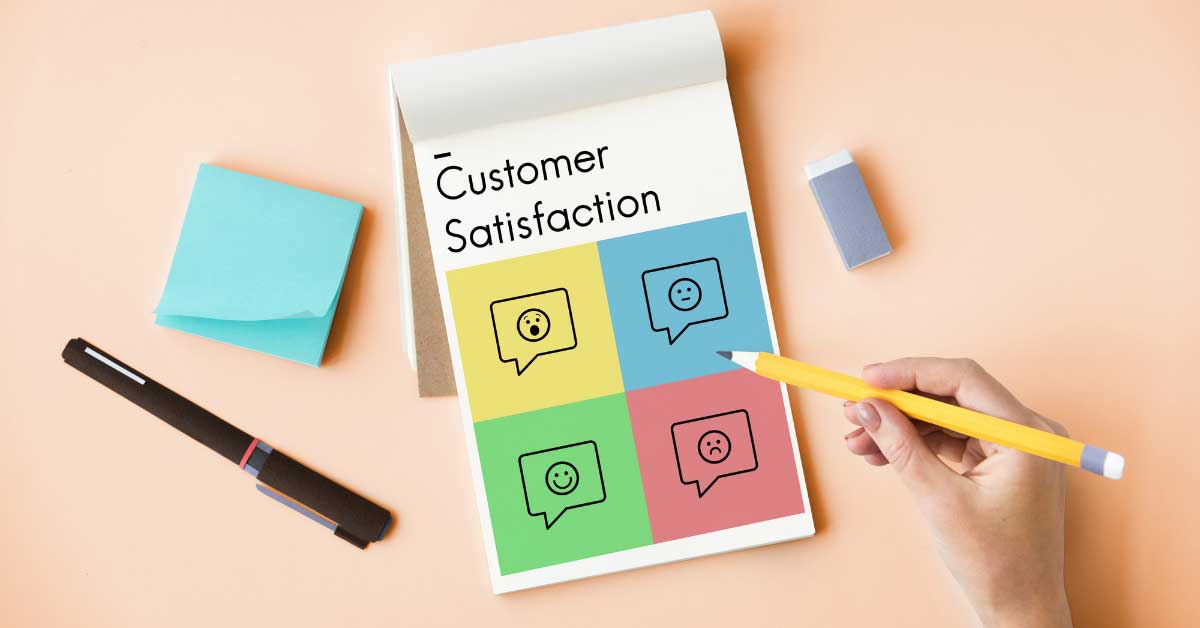Good customer service encompasses several vital elements that work in harmony to create a positive experience for customers. These elements are:
Effective Communication
The foundation of excellent customer service lies in effective communication. It involves active listening, clear articulation, and a genuine desire to understand and help the customer. In practice, this means:
- Listening Actively: Pay full attention to the customer, and show that you value their input.
- Clear Articulation: Communicate in a way that is easy to understand, avoiding jargon and technical language.
- Empathy: Put yourself in the customer’s shoes and show understanding of their situation.
Prompt Problem Resolution
Customers appreciate quick and efficient problem resolution. No one enjoys having their concerns linger. This element involves:
- Timeliness: Address issues promptly to prevent them from escalating.
- Empowerment: Give your team the authority to resolve common issues without seeking multiple approvals.
- Follow-Up: After resolving the problem, follow up with the customer to ensure their satisfaction.
Personalization
Customers want to feel valued and not like just another number. Personalization entails:
- Knowing Your Customers: Familiarize yourself with their preferences and past interactions.
- Tailoring Solutions: Provide solutions and recommendations that are specific to the customer’s needs.
- Using Names: Addressing customers by their names adds a personal touch.
Building Trust
Trust is the bedrock of a long-term customer relationship. It involves:
- Consistency: Deliver a consistent experience every time a customer interacts with your business.
- Transparency: Be open and honest about your products, services, and policies.
- Security: Ensure customer data is handled securely and confidentially.
FAQs
What’s the significance of good customer service?
Providing excellent customer service leads to increased customer satisfaction, loyalty, and ultimately, better business results.
How can I train my team to improve communication in customer service?
Training should focus on active listening, empathy, and clear communication. Role-playing exercises and continuous feedback are valuable tools.
Why is personalization important in customer service?
Personalization makes customers feel valued, leading to stronger loyalty and increased spending.
Can you provide an example of effective personalization?
Certainly! If a customer frequently buys a specific product, you can recommend related items or offer exclusive discounts on their favorite products.
How can I build trust with my customers?
Consistency, transparency, and maintaining customer data securely are key trust-building factors.
What tools can help prompt problem resolution?
Customer relationship management (CRM) software and a well-structured knowledge base can significantly aid in prompt problem resolution.
Conclusion
In the realm of business, good customer service is not merely a luxury but a necessity. By mastering the four essential elements of effective communication, prompt problem resolution, personalization, and building trust, you can elevate your customer service to new heights. Remember, satisfied customers are not only loyal but also vocal advocates for your business. Embrace these elements, and you’ll watch your business flourish.
Related Articles:
This page was last edited on 17 December 2023, at 5:31 pm
Contact Us Now

Contact Us Now
Start a conversation with our team to solve complex challenges and move forward with confidence.










